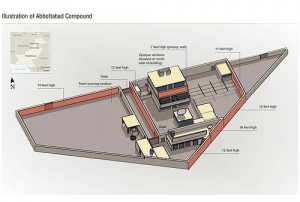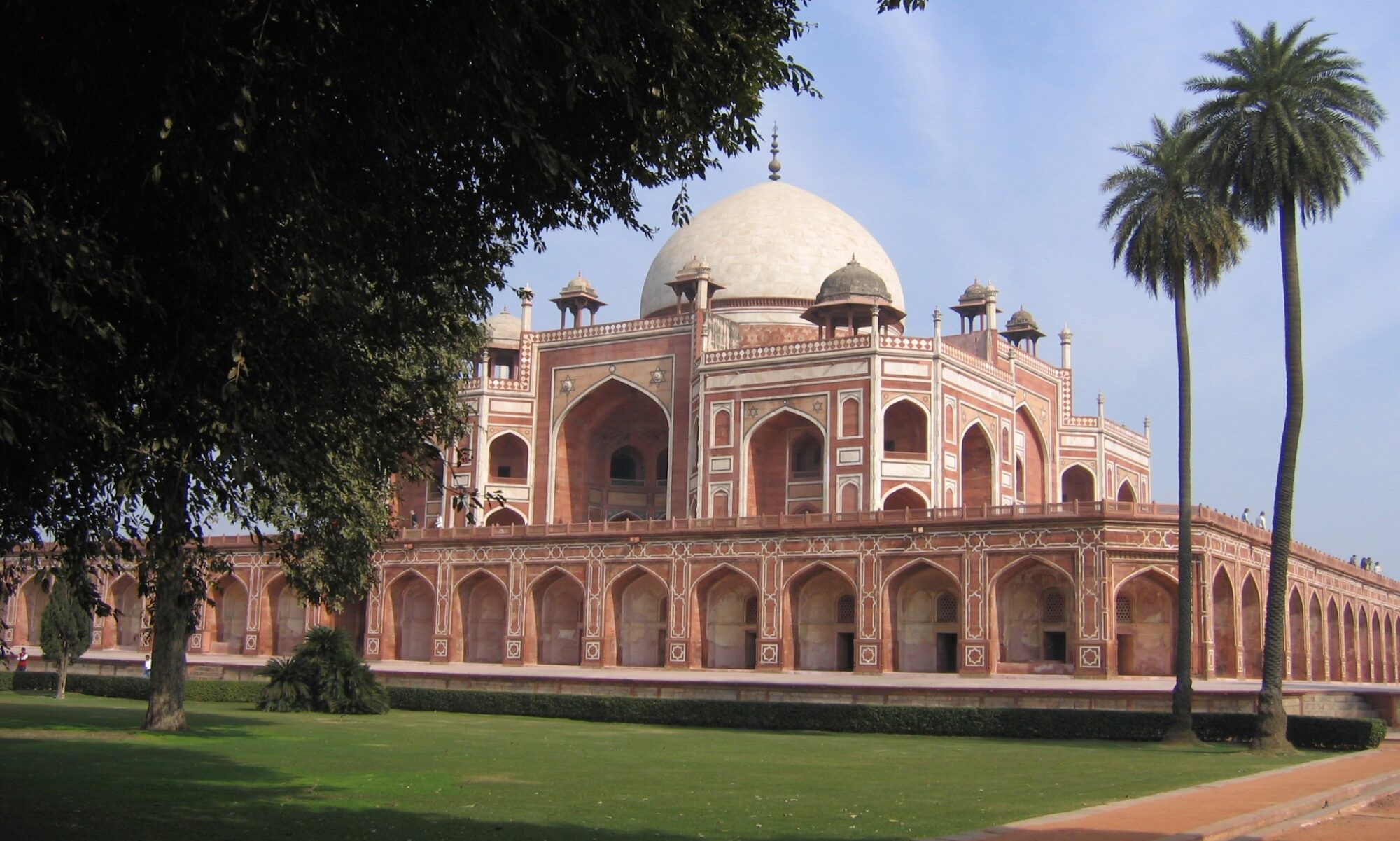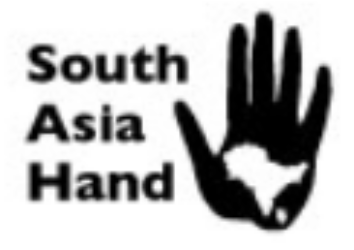
May 3, 2011: In our recent study, How Pakistan Negotiates with the United States: Riding the Roller Coaster, we described U.S.-Pakistan relations over the years as “three marriages and two divorces.” The raid that killed Osama bin Laden has intensified decade-long Pakistani fears that the United States would lose interest once the Al Qaeda leader was gone, just as it had lost interest in Pakistan at other crucial turning points. In the United States, it has heightened skepticism about Pakistan’s role in combatting terrorism. The much-discussed “trust-deficit” is probably at an all-time high. But both countries need to work together to head off the prospect of a “third divorce.” They should view the bin Laden raid as an opportunity to recalibrate their relationship to make it more straightforward and effective. It is not at all clear, however, whether their ideas of how to do this are compatible.
For the United States, the circumstances of bin Laden’s killing raise the most disturbing questions about the role of Pakistani military and intelligence officials in his long concealment. President Obama made a point of noting that “our counterterrorism cooperation with Pakistan helped lead us to bin Laden and the compound where he was hiding,” while noting that no country, “including Pakistan,” had advance notice of the operation. However, bin Laden was found in a very large, custom-built compound about a mile from Pakistan’s equivalent of West Point, in Abbottabad, a town famous as a retirement spot for military officers and civil servants. As people who have lived in Pakistan (as we have) can attest, few secrets can long be kept about the identities and activities of neighborhood residents. This is even more the case in a town like Abbottabad. It is hard to believe that the large compound would not have given rise to much speculation about what was going on inside and quickly attracted the notice of the authorities.
We are now told by both governments that all this will be investigated in due course. In Pakistan, investigations involving the armed forces have rarely been shared outside very narrow circles. Nor do heads roll as a result of them. American officials will probably be left with painful questions about whether their closest partners in Pakistan were playing a double game on an issue of profound importance to the United States.
Pakistan now finds itself in an impossibly embarrassing situation. The army looks either inept or brazenly (and unsuccessfully) duplicitous. As one Pakistani journalist who has been quite critical of U.S. policy told us, “It’s embarrassing for Pakistan and for the army if they didn’t know [that bin Laden was there], and it’s even more horribly embarrassing if they did know.” The army is being bitterly criticized in the Pakistani press. The News, normally nationalist, editorialized at some length about the shocking security lapse that would be involved if the Pakistan Army did not know what was going on. In our book we wrote that Pakistan had perfected the “art of the guilt trip” in negotiating with Americans. It often tried to make the United States feel that it owed Pakistan something because of its infidelity, as Pakistan saw it. In this case, it may be the other way round.
At the same time, Pakistan continues to seethe with resentment at the perceived lack of respect from the United States. Popular anger was aroused recently over the case of Raymond Davis, the U.S. official who shot dead two Pakistani civilians in Lahore. Widespread opposition to U.S. drone attacks evokes the same emotion. Although both public and, to a significant degree, private Pakistani reaction to the U.S. raid that killed bin Laden has apparently been supportive, any operation that involves American boots on the ground will eventually push the same hot buttons as Davis and drones. And while many Pakistanis believe that their world will be safer without bin Laden, others see him as a symbol of Islamic resistance to injustice.
Adding to the stress on both sides is the approaching end-game in Afghanistan. Both countries want to shape the outcome. Both are moving closer to some kind of negotiating scenario involving the Afghan government and elements of the Taliban. Neither, at this point, trusts the other to create a mutually satisfactory set of governing arrangements in Afghanistan. The United States believes that Pakistan can prevent a stable situation from taking root, and Pakistan fears that the United States will allow India too much leeway.
During all three previous periods of close U.S.-Pakistan partnership, both countries have spoken longingly of their desire for a true strategic partnership, strong and broad enough to last for decades. Pakistanis in particular have contrasted this ideal with a “transactional” relationship built on quid pro quos. In practice, both countries have probably been more transactional than they were willing to let on.
The Achilles heel of the relationship has been the gap between U.S. and Pakistani strategic objectives. This has existed for decades, and will not be erased quickly at a time when both countries have profound and compelling questions about each other’s intentions. Perhaps, in these circumstances, the “recalibration” needs to take a different tack. Both countries may need to focus for a time on more modest goals and more concrete “deliverables.” Success in a few negotiated “transactions” may help create a mutually satisfactory track record on which the two countries might eventually build the broader partnership that is out of reach at the moment.
Howard B. Schaffer and Teresita C. Schaffer


Thank God for Indian govt. not rushing up with strategic partnership with USA otherwise India too would have been reduced to the USA lapdog just like Pakistan is.America always looks to play up Pakistan against India and India against china to keep up its influence.How i wish that china-India-Pakistan form an alliance and through out USA from Asia.